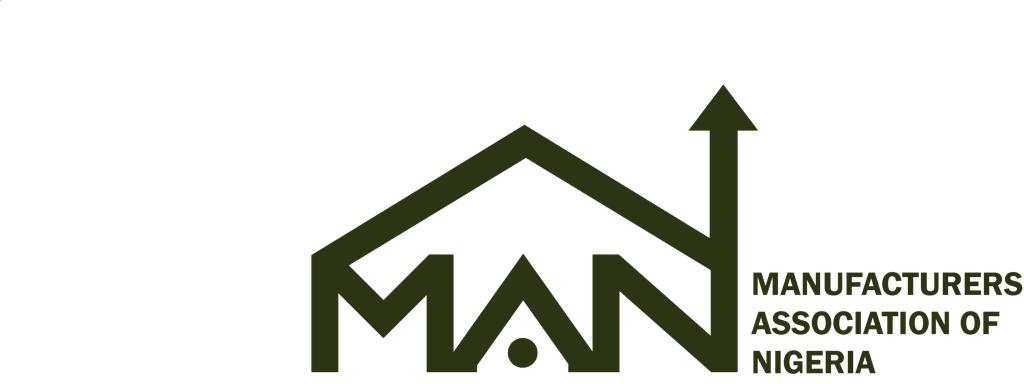The Nigerian Content Development and Monitoring Board has announced it is finalising the Nigeria First Procurement Policy, a new framework aimed at strengthening local content participation across the oil and gas value chain and promoting national energy sufficiency.
Speaking at the 24th Nigerian Oil and Gas Energy Week in Abuja on Monday, NCDMB Executive Secretary, Felix Ogbe, said the initiative is designed to reinforce the Federal Government’s existing First Policy by expanding indigenous involvement in the industry and accelerating efforts toward energy independence.
Ogbe stated that under the new policy, goods and services that are produced or readily available in Nigeria must not be sourced internationally unless there is clear, verifiable proof that local capacity is lacking.
He also announced plans to initiate a comprehensive baseline study to evaluate the capabilities of indigenous service providers and manufacturers currently supporting the oil and gas value chain.
Delivering his keynote address, the Executive Secretary described the policy as a strategic step to promote local capacity utilisation and reduce reliance on foreign inputs within Nigeria’s energy sector.
He emphasised that a central focus of the current administration’s agenda is the intentional drive to reclaim economic independence by fully harnessing and deploying domestic capabilities.
The theme of the conference is “Achieving Energy Sufficiency through Local Content Implementation.’’
He said, “This year’s theme for the Nigerian Content Seminar is ‘Achieving Energy Sufficiency through Local Content’. This theme is both timely and relevant to the Nigerian Oil and Gas sector. This is so as we strive to attract more investments into the Nigerian oil and gas industry towards achieving energy sufficiency and security.
“For Nigeria, energy sufficiency goes beyond its availability; it extends towards the key elements of resilience, sovereignty, and sustainability, all of which are anchored in strong domestic capabilities. In this regard,” local content is not just a policy, it is a strategic imperative” that creates an enabling environment for investment.
“A nation that aspires to be energy-sufficient must build its energy from within; hence, we must deepen our local capacities across the oil and gas value chain, from exploration and production to processing and delivery to end users.
“By doing so, we will not only retain economic value within our borders but also mitigate supply disruptions, create jobs, and build technological resilience, further contributing to our energy sufficiency.”
He added that the government has embarked on decisive actions to strengthen Nigerian Content across the country, with the goal of ensuring long-term energy sufficiency.
He pointed out that these efforts trace back to the enactment of the Nigerian Oil and Gas Industry Content Development (NOGICD) Act in 2010, which has guided local content development for the past 15 years.
To further strengthen this commitment, the government has introduced key Executive Orders—such as Executive Order 001 on the Ease of Doing Business and Executive Order 005, which prioritises Nigerian companies in the award of procurement contracts.
He added, “The most recent policy aimed at deepening local content is the “Nigeria First Policy”. At the heart of this administration’s agenda is a deliberate and strategic push to reclaim our economic independence by harnessing our local capacity.
“The Nigeria First Policy represents this vision. It is rooted in a simple but powerful principle that “All goods or services that are produced and/or available locally will not be procured from foreign sources unless there is a clear and justifiable reason.
“To ensure this policy translates from paper to tangible progress, the Board is already taking some steps. First, we are developing a Nigeria First Procurement policy for the Board.
“The board is incorporating the Nigeria First policy into our internal processes and systems. The policy will be considered for reviewing and approving Nigeria Content Plans, Nigeria Content Compliance Certifications, and so on.”
The Board will also commission a Baseline Study to assess and verify the existing capacity of Nigerian service providers.
According to him, the study will go beyond cataloguing goods currently in use; it will also identify the Nigerian companies manufacturing them and evaluate their ability to meet industry standards.










